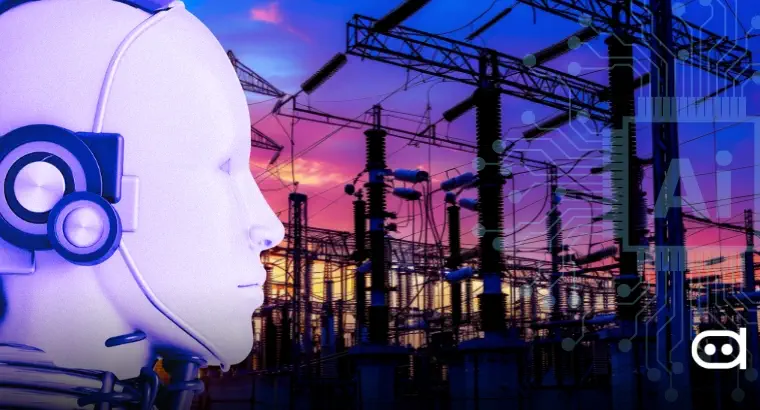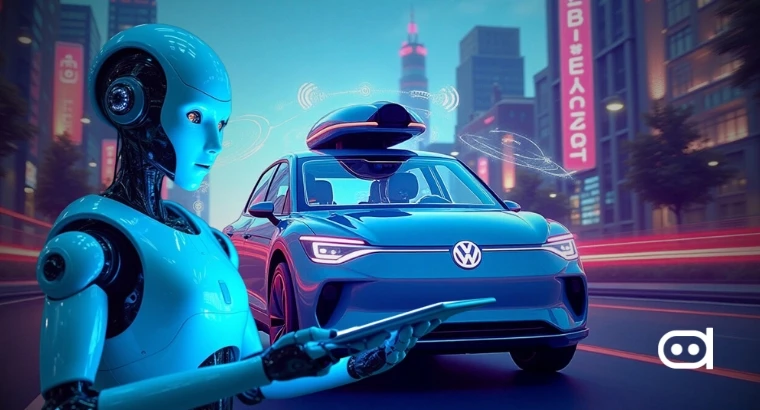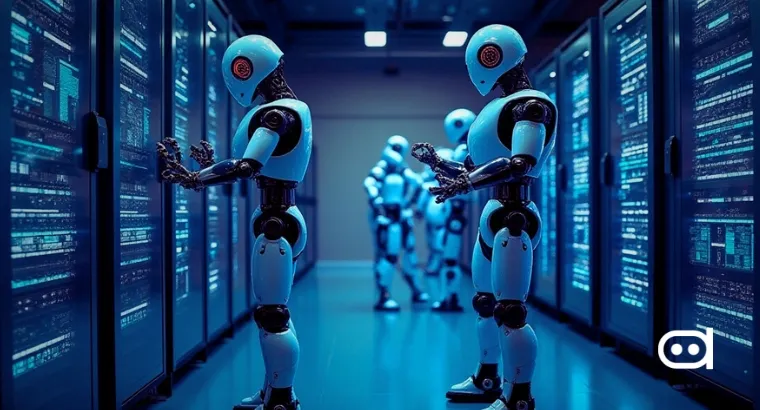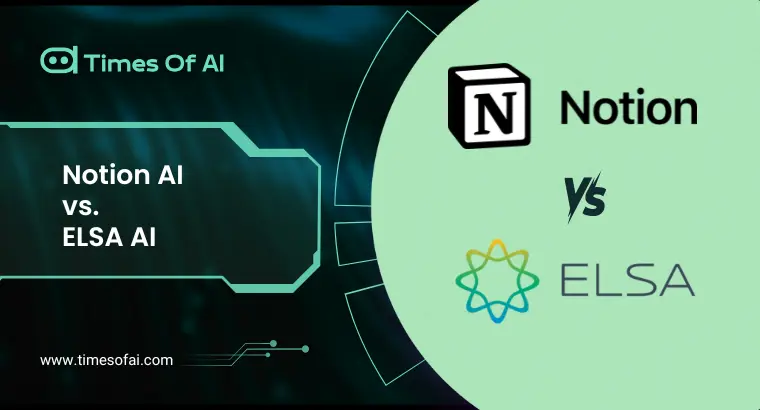
- The surge in the AI power revolution has significantly increased global energy demands, raising concerns over its environmental impact. However, a team of researchers has developed a revolutionary technology that could slash AI’s power consumption by 1,000 times.
- This advancement not only addresses AI’s power-intensive nature but also has the potential to transform the industry, making it more sustainable and efficient. By reducing AI’s energy burden, this innovation could drastically reshape future AI deployment and bring substantial environmental benefits.
As AI becomes increasingly integrated into various sectors and everyday living, the amount of power consumed in the activities has significantly risen. The processes associated with AI are very extensive in terms of computational hardware resources, leading to significant power needs. This development has raised eyebrows on the environmental concerns posed by the growth of the AI ecosystem, considering more organizations are embracing the use of machine learning and data-rich solutions.
However, there is good news as a new development by a group of researchers may be the way to tackle the high energy requirements associated with AI. According to the sufficiency of the new approach introduced, the energy utilization for the processing of AI shall be reduced if the claims made are fulfilled by over 1000. Such proportions of energy conservation cannot be defined as a small and gradual enhancement. Still, rather, one may call it radical for specific segments of the industry, making AI processing much more affordable and eco-friendly.
The innovation comes in an ideal era when climate change and the footprints left by these companies in the environment are coming into sharp focus. AI-powered data center operations consume high levels of electricity, thus fueling electricity consumption around the world. This novel technology is aimed at easing this burden by improving how AI operations are performed, aiming at reducing power consumption during energy-intensive processes such as training and computing.
While AI has never been disregarded as a great resource for productivity and the simplification of work processes, a factor that accompanies this technology—its energy demand—is often overlooked. New Technologies like AI could drastically limit the carbon footprint of AI systems, allowing business transformation without the adverse consequence of unsustainable energy use.
Read More: AI Development Crisis: Australia’s Path to Global Leadership or Obsolescence
There are also people who think that this new solution might not only reduce operational expenses for businesses but also help toward a large-scale energy economy effort. It could also help AI become a more feasible alternative for companies looking to decrease their carbon footprints. As more industries embrace the use of AI, such as the healthcare and finance industries, the energy used to retain the growth of AI would be critical.
With this technology, the future of AI, as we know, could be more environmentally friendly than what was previously thought – enabling industries to be creative, but not at the expense of Mother Nature.





